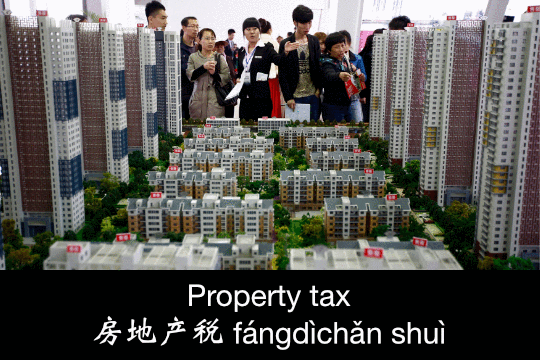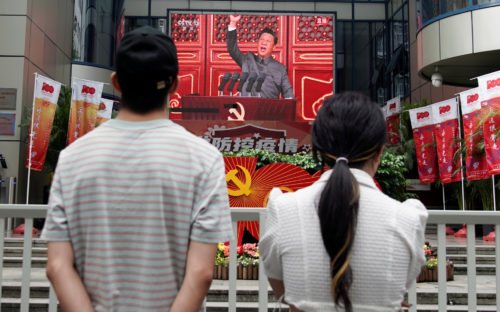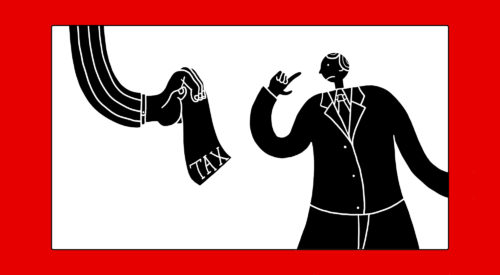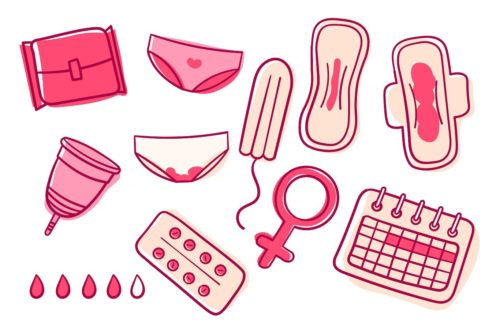Property tax in China by 2019?


If you are an ordinary Chinese person with money to invest, you don’t have a lot of choices. It’s difficult to get your money out of the country, while the stock market, wealth management products (WMPs), and new investment schemes such as peer-to-peer (P2P) lending may potentially offer great rewards but definitely bring great risks.
Meanwhile, there is no tax on real estate. If you buy an apartment — even if it sits empty — it does not cost anything. It’s the safest store of value available to ordinary people. This is a major factor in the perpetually bubbly state of the housing market, the huge numbers of vacant apartments, and the famous “ghost cities.” Although there has been talk of a property tax for many years, there has been little action aside from a few experiments in local markets. That might be about to change, judging by this Sohu report (in Chinese):
- At this morning’s press conference at the annual political gathering known as the Two Sessions, Vice Finance Minister Shi Yaobin 史耀斌 told reporters that his ministry and other government departments were “drafting and improving the real estate tax law,” while former Finance Minister Lou Jiwei 楼继伟 said that a draft bill may be reviewed by the legislature this year.
- One important detail that has not yet been worked out: How will the value of property be assessed — based on appraisal, market value, or some other indicator?
- Local governments will collect and have the benefit of property taxes.
- The Party’s biggest worry is, I believe, that a property tax will be an excessive new burden on ordinary households whose only major investments are in real estate.
- A possible solution mentioned in the Sohu article is leaving the first 160 square meters of a person’s property tax-free, but placing a levy on floor space in excess of that and on additional real estate owned by the same person.
- “A property tax is a potential game-changer for a real estate industry sometimes called too big to fail for the Chinese and world economies,” says Bloomberg.
Whatever the government decides to do will be felt in the pocket by a majority of China’s huge population, and all the companies and commodities that comprise the real estate economy. Property tax might not be a sexy subject, but it’s big!
Related: Per the South China Morning Post: Shi Yaobin also told reporters that the authorities planned to raise the threshold for personal income tax because of inflation. In 2011, the tax threshold was increased to 3,500 yuan ($550) from 2,000 yuan ($315).
Boys in tiny shorts, and white goods
Founded as the Qingdao Refrigerator Company in 1984 and renamed in 1991, Haier, a manufacturer of white goods, was one of the first post-reform Chinese companies to establish a recognizable brand. In 1995, the company also backed a TV cartoon called Haier Brothers (海尔兄弟 hǎi’ěr xiōngdì), about two little boys wearing only tiny shorts who travel the world solving problems. Haier also began using an image of the boys as a graphic logo on its products (at left).

This year, Haier plans to launch a new season of the Haier Brothers cartoon, hoping that nostalgia will attract Chinese people born in the 1980s and ’90s who grew up watching the original series. However, after the release of a short clip online, many of the target viewers were upset because the new Haier Brothers (at right) look nothing like the old Haier Brothers. Will the backlash force the production company to change the new look? “The video online is not yet an official trailer,” said a representative of the production company in response to the complaints, according to the China Daily.
For more on the Qingdao boys, Baidu Baike has good entries on both the 1995 and 2018 Haier Brothers cartoons (in Chinese).
Xi’s no Mao
I missed this article when it was published, but would like to recommend it if you have not yet read it: historian and Oxford University professor Rana Mitter’s take on the constitutional amendments that will remove presidential term limits. It’s titled “Xi’s no Mao…or Deng…or Chiang — so who is he?” Mitter cautions us to “ignore lazy rhetoric that likens Xi to an emperor — China’s chequered history of power transitions provides few answers.”
You can hear a Sinica Podcast interview with Rana Mitter on the Nanjing Massacre here.







